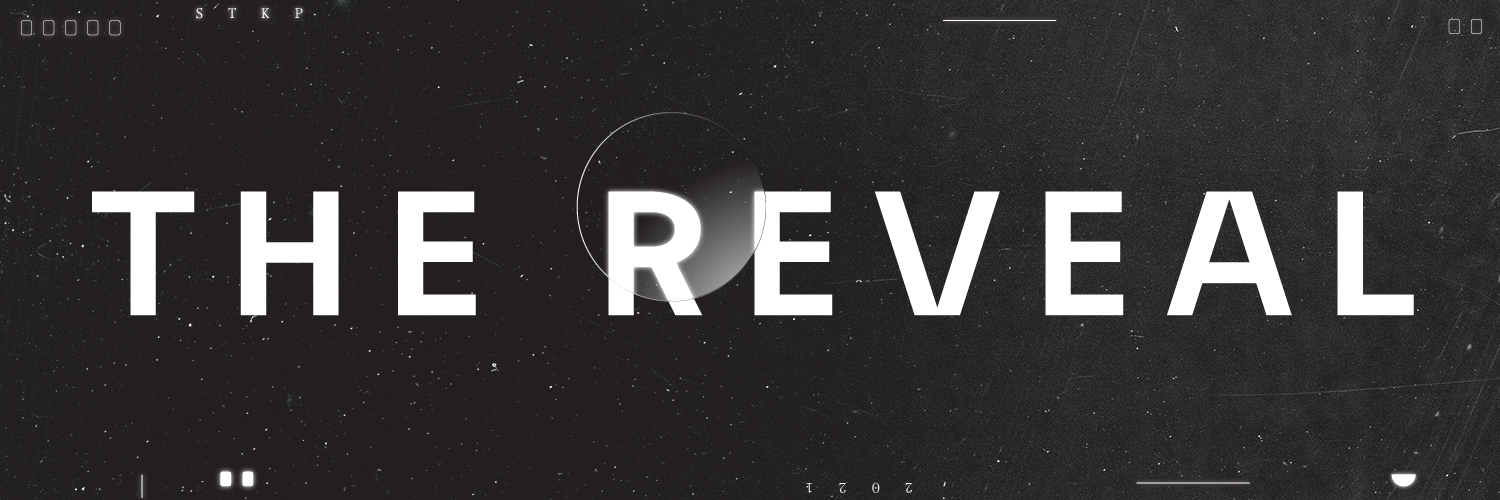Daniel LaRusso's Fists of Fury
The first three 'Karate Kid' movies reveal the inner turbulence of a sweet boy from Jersey.

“I never say ‘no’ when it comes to macaroni and cheese.” — Daniel LaRusso, The Karate Kid Part III
“The Karate Kid is the story of Daniel, a violent sociopath who moves to a California town and begins tormenting a local boy and his friends.” So begins a popular video essay by J. Matthew Turner, which advances the theory that Daniel LaRusso, our scrappy young hero from Jersey, is the true villain of the 1984 sleeper hit, not his preppie nemesis Johnny Lawrence (William Zabka) and the other snickering goons from the Cobra Kai dojo. The video is hilariously tongue-in-cheek, making Daniel’s pursuit of rich-girl Ali (Elisabeth Shue) seem creepy and predatory, and imagining Johnny as a kid who merely isn’t processing his recent break-up with Ali that well. The logic is that Daniel needlessly escalates the conflict at every turn, like when he drenches Johnny with water at a school Halloween party then causes a multi-car collision when he makes his escape. (Turner refers to Pat Morita’s Mr. Miyagi, Daniel’s beloved mentor, as “local busybody, karate master and child batterer.”)
It’s a funny exercise to work your mind around The Karate Kid being something other than director John G. Avildsen tweaking the underdog formula that brought him an unlikely Best Picture winner in Rocky. After all, we’re currently in a “Are we the baddies?” phase in popular culture, when popular franchises have flipped the script on heroes and villains, with Hollywood reconsidering the legacies of Cruella de Vil, Maleficent, and The Wicked Witch of the West. To that end, it was easier than expected to attempt a sympathetic portrait of Johnny Lawrence in the hit streaming series Cobra Kai, which started in 2018 and spent six seasons casting Johnny as a down-on-his-luck handyman who suffers from alcoholism and depression while his erstwhile rival owns a car dealership across town. Maybe he acted like a jerk in high school, but he was just a kid with a bad teacher, still paying a steep price for his misdirected aggression.
It didn’t take long for Cobra Kai to burn through nostalgia for the franchise—the first season on YouTube Red is a good time, but it was on a steep downward slope once the series moved to Netflix for seasons three through six—but one of the more pressing questions is how that nostalgia got so built up in the first place. And that question has to start with Ralph Macchio as Daniel LaRusso, who may not have been a part of the 1994 Miyagi-focused spinoff The Next Karate Kid or the Jaden Smith/Jackie Chan reboot of The Karate Kid from 2010, but who has had to carry the films like Sylvester Stallone carried Rocky, only without Stallone’s imposing physique or soft-souled machismo. To his credit, Macchio has maintained his boyishness well into his 60s and thus will always be a karate kid, but looking at how Daniel developed over the first three movies validates the idea behind Turner’s video essay and Cobra Kai’s treatment of Daniel as a family man who still surrenders to his impulses. He may be a scrawny kid fighting for what’s right, but he’s not Mr. Miyagi. He’s a bit of a hothead.
This post is for paying members only
Sign up now to read the post and get access to the full library of posts for subscribers only.
✦ Sign up